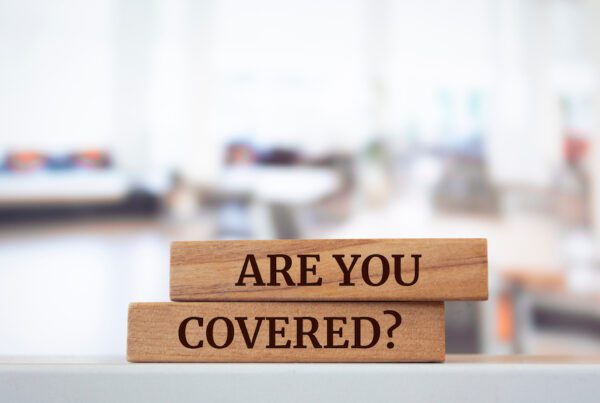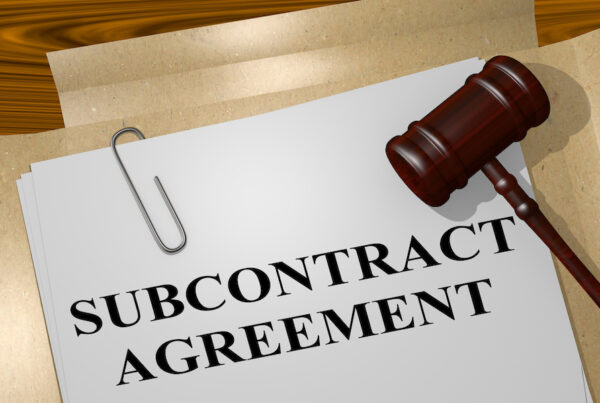Introduction:
Operating an HVAC (Heating, Ventilation, and Air Conditioning) company in New York comes with numerous responsibilities and potential risks. Whether you specialize in installations, repairs, or maintenance, it is crucial to recognize the importance of proper insurance coverage.
This article explores the significance of having adequate insurance for an HVAC company in New York and highlights key areas where insurance plays a vital role.
Protecting Against Liability:
One of the primary reasons for having proper insurance as an HVAC company in New York is to protect against liability. HVAC work involves various potential risks, such as property damage, bodily injuries, or accidents resulting from equipment malfunctions. In the event of an incident or lawsuit, adequate insurance coverage can help mitigate financial losses by covering legal expenses, settlements, and damages awarded.
Comprehensive General Liability (CGL) Insurance:
Comprehensive General Liability (CGL) insurance is a fundamental coverage for HVAC companies. It provides protection against third-party claims related to bodily injury, property damage, or personal injury. In the HVAC industry, there is always a risk of accidental property damage or injuries to clients or their property during installations, repairs, or maintenance. CGL insurance ensures that your HVAC company is financially protected in such situations.
Worker’s Compensation Insurance:
Worker’s Compensation insurance is essential for HVAC companies as it provides coverage for employee injuries or illnesses that occur during the course of employment. In New York, it is a legal requirement for most businesses to have Worker’s Compensation insurance to protect both employees and employers. This coverage helps pay for medical expenses, lost wages, rehabilitation, and other related costs, reducing the financial burden on the HVAC company.
Commercial Auto Insurance:
HVAC companies often rely on vehicles to transport technicians, equipment, and materials to job sites. Commercial Auto insurance is crucial for protecting your business against potential accidents, property damage, or injuries caused by company-owned vehicles. This coverage extends to both owned and leased vehicles, ensuring that any damages or injuries resulting from accidents are covered.
Professional Liability Insurance:
Professional Liability insurance, also known as Errors and Omissions (E&O) insurance, is relevant for HVAC companies that provide design, consultation, or advice services. This coverage protects against claims related to professional negligence, errors, or omissions that result in financial losses or damages to clients. Professional Liability insurance is particularly crucial in situations where faulty HVAC installations or advice could lead to property damage or malfunctions.
Contractor’s Pollution Liability Insurance:
HVAC companies may also benefit from Contractor’s Pollution Liability insurance. This coverage is designed to protect against claims arising from environmental pollution or contamination caused by the HVAC company’s operations. It can be especially relevant when working with refrigerants, chemicals, or handling hazardous waste. Contractor’s Pollution Liability insurance ensures that your HVAC company is prepared for any unforeseen pollution-related incidents.
Conclusion:
For an HVAC company operating in New York, having proper insurance coverage is not just a precautionary measure, but a necessity. With the inherent risks involved in HVAC operations, insurance serves as a safety net, protecting the company from potential liabilities, property damage, and legal expenses. By obtaining Comprehensive General Liability, Worker’s Compensation, Commercial Auto, Professional Liability, and Contractor’s Pollution Liability insurance, HVAC companies can confidently provide their services while safeguarding their business and reputation. Remember, consulting with an experienced insurance professional can help tailor the coverage to your specific needs and ensure compliance with the relevant regulations in New York.



